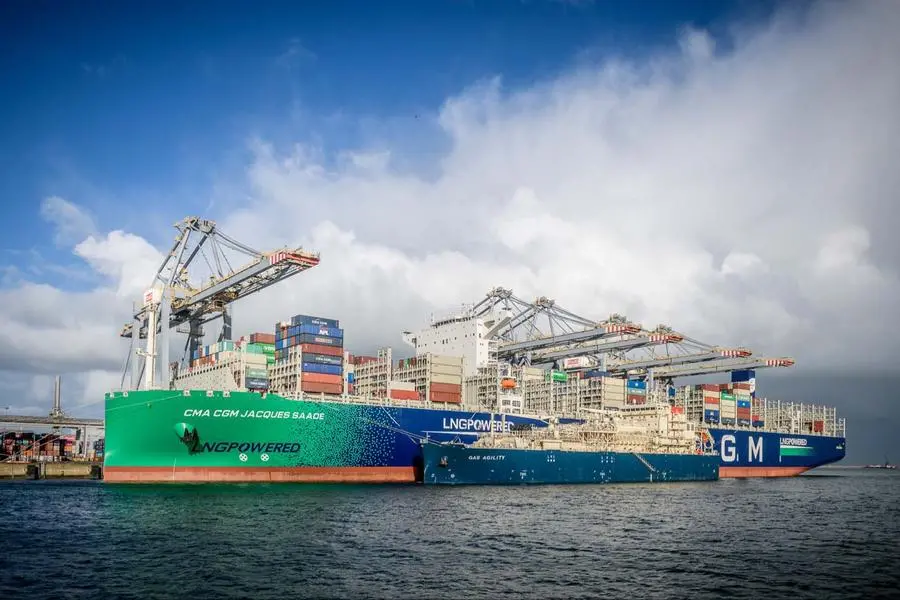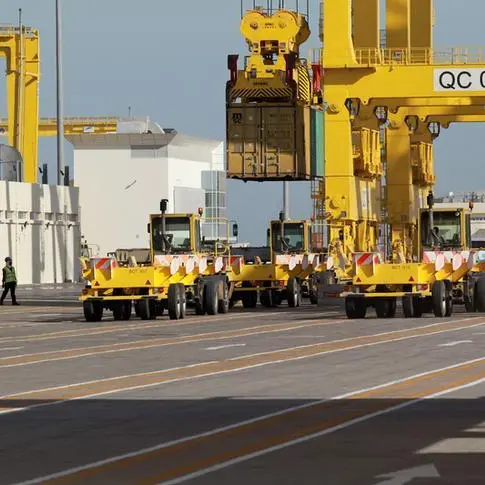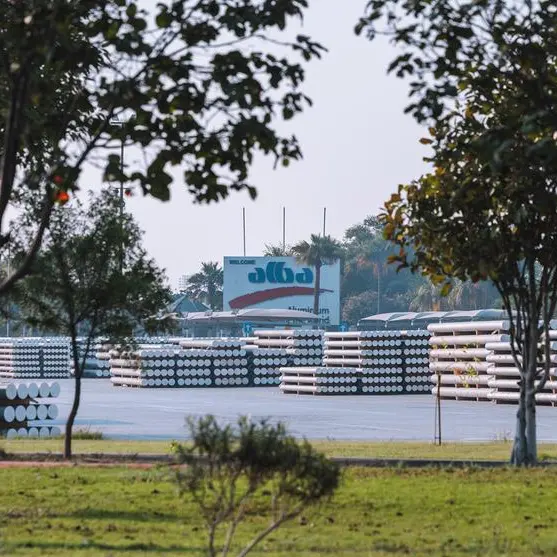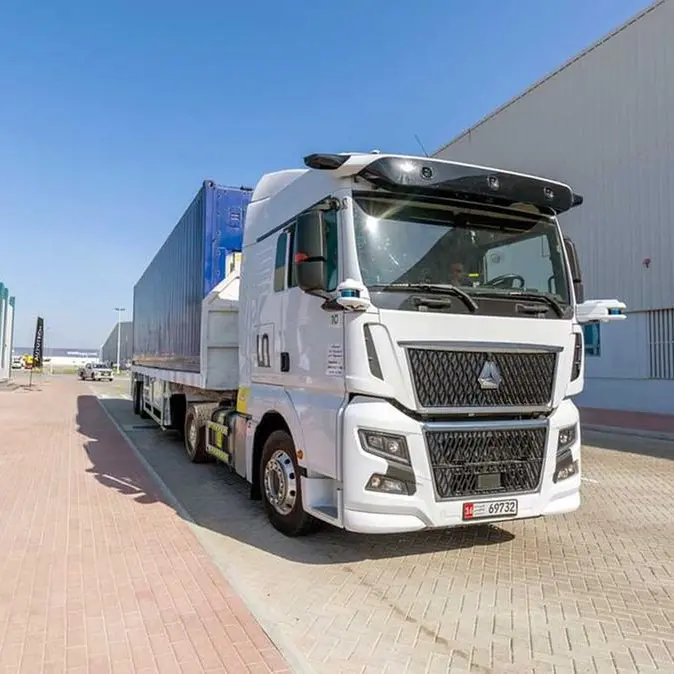PHOTO
Ship owners worldwide have delayed or put on hold decisions on fleet replacement due to uncertainty around what the future fuel will be, according to Tony Foster, CEO/CIO of UK-based specialist shipping asset manager Marine Capital.
"There is a couple of [future fuel] front runners like [green] ammonia and methanol, but at the moment, there is no certainty as to what that fuel will be," he said during an interview with energy consultancy Gulf Intelligence.
He pointed out that out of the new ships that have been ordered, the percentage of ships with dual fuel capability other than LNG is very small.
Citing DNV data, maritime news website gcaptain reported in January 2023 that LNG newbuilds represented 82 percent of the total alternative-fuelled ship orders in 2022, with 222 ships. Methanol came a distant second with 35 new ships ordered, while only 18 ships capable of running on hydrogen fuel were ordered in 2022.
Foster clarified that the new ships ordered actually need more time to be readied for using ammonia or methanol fuel. Currently, it is their layouts that are being redesigned for future retrofits to switch to green ammonia or methanol.
Financing mechanisms
He said there are also other outstanding issues with future fuels, from port development to energy companies making up their minds on whether shipping should lead or follow the rest of the industrial world.
"These are difficult questions which ship owners are not fully equipped to answer - which has delayed all the investment decisions," he said.
Foster said the ongoing war in Ukraine had impacted existing financing mechanisms in the shipping market.
"One of the effects, for example, is an increasing reticence amongst some ship owners in the West to do business with the mainland Chinese because …the Russian activity in Ukraine threw the spotlight on China's attitude to Taiwan."
Noting that financing for ships connected with Russia stopped and all ships were sold, he said companies fear a repeat of the same for ships leased from Mainland China if there was any conflict over Taiwan.
"US-China tensions are clearly at an elevated level, and I think that has a role to play in the financing," he observed.
ESG and decarbonisation
He acknowledged that lenders, especially in the EU, are obliged to address issues around decarbonisation and ESG.
"The EU is ostensibly very committed to its policy, and European Banks, certainly some that we deal with, are finding it increasingly difficult to find shipping projects that they are actually able to finance because of their increasingly demanding criteria on decarbonisation," said Foster.
An additional factor hindering new ship investments is the need for more clarity around the IMO's [International Maritime Organisation] timeline for reducing Green House Gas (GHG) emissions of fleets.
With carbon pricing in the shipping market more or less given, regulations are getting tougher every year: for example, IMO's Carbon Intensity Indicator (CII) obliges ship owners to reduce their emissions by a certain percentage every year.
"But there are still lots of challenges," said Foster, pointing out a lack of data and measurements regarding the new technologies being promoted for emission reduction in ships.
"Owners have to invest in technology without knowing how many percentage points improvements they will get. Also, they're not cumulative - you can have five different pieces of technology, each offering two percent, but the total won't be 10 percent. So again, investment decisions in the improvements are complicated," he concluded.
(Writing by Anoop Menon; Editing by Bhaskar Raj)
(anoop.menon@lseg.com)





















